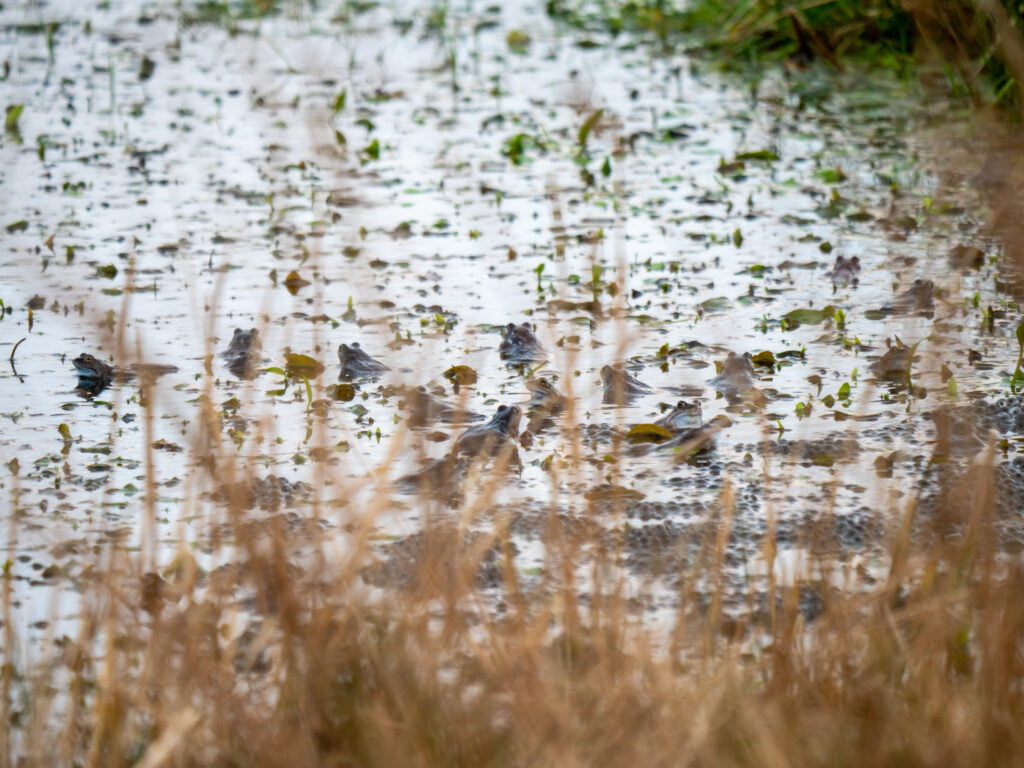Menu
At a sitting of Skibbereen District Court on Tuesday 12 April West Cork Distillers pleaded guilty to three charges brought by Inland Fisheries Ireland (IFI) in relation to a pollution incident and resulting fish kill in the Ilen River downstream of the distiller's Marsh Road production facility in July of 2021.
According to media reports, seven West Cork Distillers' directors were originally charged individually with the pollution offences. The IFI took this unusual step, it said, because it believed the company was not taking the allegations seriously enough. However, acting for the IFI, solicitor Vincent Coakley said that he had been instructed to drop the individual charges in light of the company's guilty plea.
While admitting the illegal discharge into the Ilen River, West Cork Distillers continued to deny culpability for the fish-kill, insisting instead that naturally occurring high temperatures and low water flow were responsible for the deaths of some 2,000 fish, including trout and salmon, along a 1km stretch of the river immediately downstream of the West Cork Distillers facility. There were no reports of any dead fish upstream of the Skibbereen plant, or in any other West Cork river during the same period of warm weather.
Presiding over the case, Judge James McNulty dismissed the company's argument, and said he was satisfied, based on the evidence, that discharge from the distillery caused the fish kill. However, according to media reports, the Judge then acknowledged the value of entrepreneurship to the rural economy, and said he was anxious to avoid "reputational damage" to the company and the Irish whiskey industry. He suggested that if West Cork Distillers agreed to make individual donations of €1,000 to each of West Cork's 26 Tidy Towns organisations, he would be willing to deal with the case leniently. He then adjourned the case until 26 April to deliver the penalty.
The pollution incident in Skibbereen, West Cork Distillers' repeated denials, and the fact the IFI had to charge individual directors with the offences to get the company to sit up and take notice, all paint a vivid picture of an organisation that does not take its environmental stewardship seriously.

That comes as no surprise to those of us who pored over West Cork Distillers' proposals for an industrial warehousing facility on rural, un-zoned land here in Tullig, near Reenascreena. Both the original planning application submitted to Cork County Council (21458), and the current, revised application (21905) take a "bare minimum" approach to ecological assessment, and fall far short of what is required. Indeed, it was the omission of a mandatory ecological survey that resulted in the original application (21458) being declared invalid by Cork County Council last August, and shortfalls in ecological coverage form a substantial part of the extensive request for further information by the Council relating to West Cork Distillers' current planning application.
We have serious concerns about the potential for a major pollution event should an incident occur at the proposed Tullig site. At capacity, the planned facility would store 36,000,000 litres of highly flammable distilled spirits. If West Cork Distillers cannot prevent small-scale unintentional runoff at its manned headquarters in Skibbereen, how can it possibly guarantee to do so at a much larger, unmanned facility in Tullig?
Calculations for firewater retention capacity in the plans (the capacity to store runoff on-site during a fire incident to prevent pollution to watercourses) are based on the storage capacity of a single warehouse unit (one of 12 in the current proposal). That is woefully inadequate. Should an incident occur, most of that 36,000,000 litres of distilled spirits would end up in the adjacent high-value wetland habitat, in local groundwater, in the broader Roury catchment area, and on into Rosscarbery Bay at Mill Cove.
You can read more about these and other concerns of the Tullig and Reenascreena community in this comprehensive submission we made to Cork County Council in February 2022.
Judge James McNulty's offer of leniency in his penalty ruling, in exchange for donations to local Tidy Towns groups, is a little baffling. €26,000 (€1,000 for each of the 26 Tidy Towns organisations in West Cork) is a paltry sum to an organisation like West Cork Distillers, and while Tidy Towns organisations do laudable work, that money will do little to mitigate the damage to the Ilen River ecosystem. At the very least, there should be a stipulation that groups receiving these donations must use the funds for biodiversity enhancement projects.
While a guilty plea is usually grounds for a less severe penalty, offering leniency in return for questionable, low-impact mitigation in a serious pollution incident sends the wrong message entirely to industrial interests in West Cork. It suggests it is acceptable for businesses to have a cavalier attitude toward their environmental responsibilities; that an entrepreneurial "seat-of-the-pants" approach to regulation and licencing is somehow OK, as long as they are prepared to atone with a token gesture after the fact.
That simply is not good enough. Until the punishment matches the severity of the crime, companies like West Cork Distillers have little financial or legal incentive to take their environmental obligations seriously.

Thanks so much!